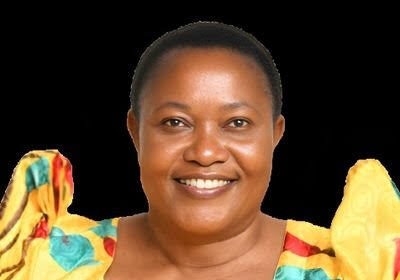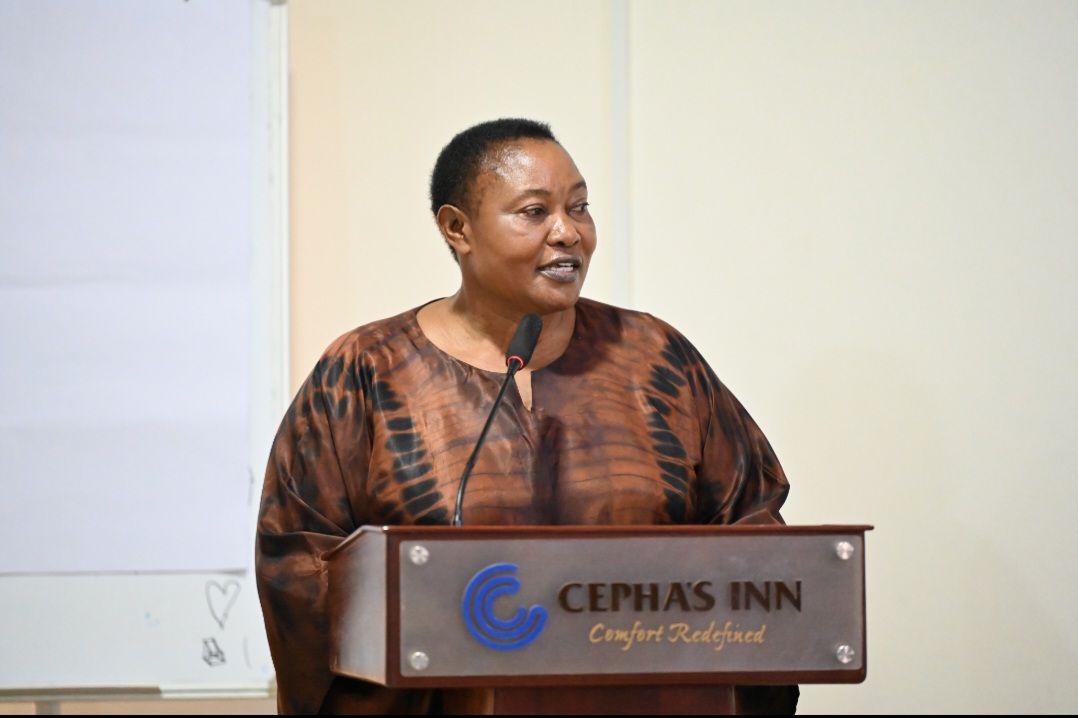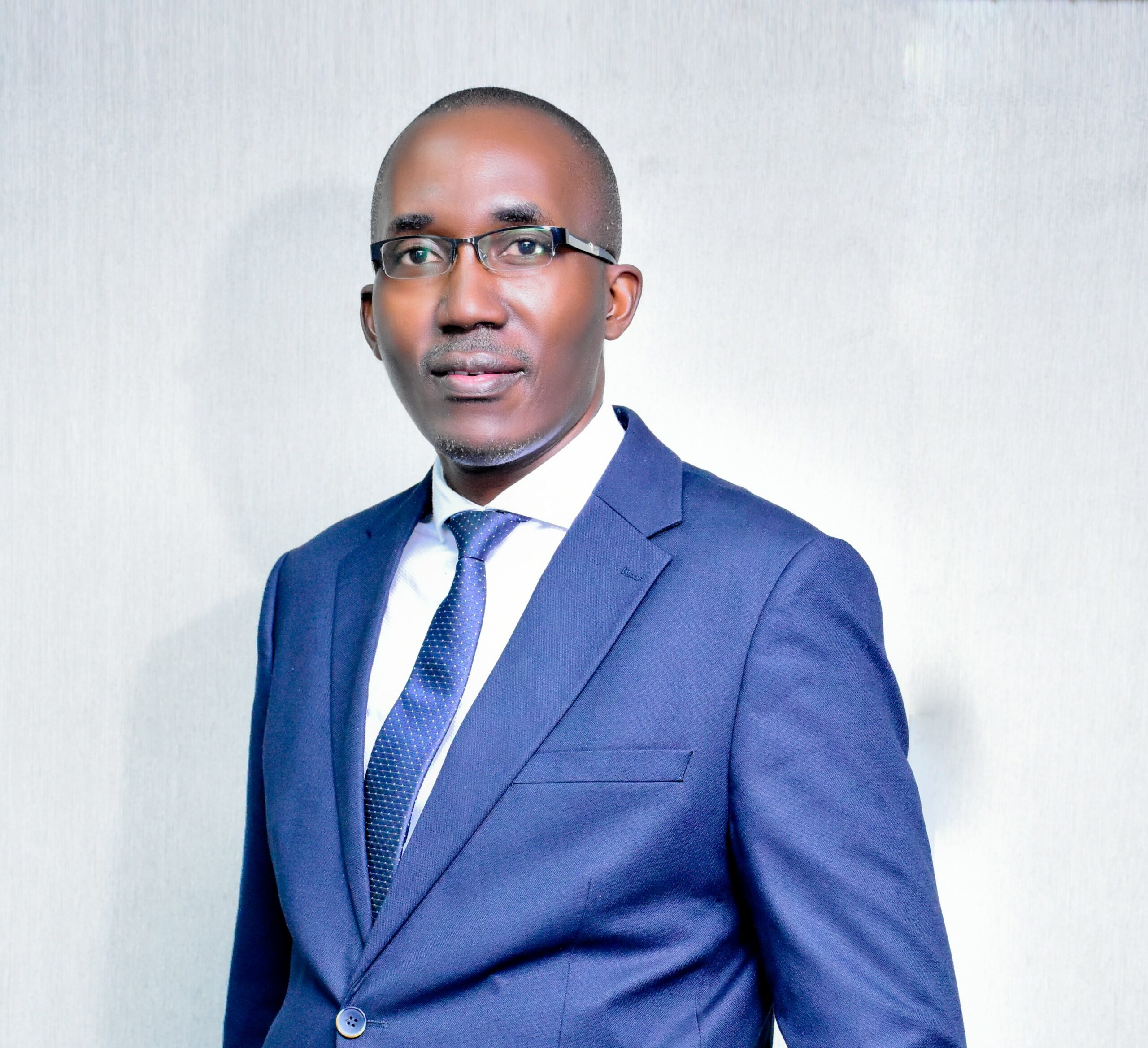By Dr. Wilber Sabiiti
The TWENDE consortium, which I am a leader has this week been privileged to deliver a research knowledge translation course at Makerere University College of Health Sciences.
We have had engaging discussions identifying research questions and pitching to potential funders, commercialization of research products and summarizing research findings into policy briefs for action by policy makers. All these were very good discussions but it the discussion on frugal innovations that really caught most of attention.
Frugal innovation or frugal engineering is the process of reducing the complexity and cost of a good and its production. Successful frugal innovations are not only low cost, but outperform their competitors and can be expanded to large scale production. Frugal innovators think outside the box.
However, reflecting on the statement made by one of the trainees during the discussion, thinking outside the box is hardly a reality for most of our graduates in Uganda and Africa at large.
She said, “we are given protocols and we follow them robotically, and hardly do we think outside the box”.
This statement got me thinking about our education system on whether our system encourages and inspires curiosity, exploration, inquiry, debate and critical appraisal or a take the word for it system where inquiry and creative thinking are suppressed? Creative or critical thinkers don’t come out of a blue but nurtured right from childhood.
China and India where Uganda buys most of the technologies, pharmaceutical products and go for advanced medical care have made great use of frugal innovation to the extent that they have taken over the market from the Western world from whom they copied the technologies.
To copy or customise and or streamline takes creative thinking. Innovation does not necessarily mean starting from scratch, it can be just identifying the gap and then providing solutions to fill it. In my recent article in the Monitor of 9th August, I hinted on the need for analytical research to customise imported technologies to suit the needs of Uganda’s economy.
This research will not only customise but also produce new improved tools and solutions, and this what we call frugal innovation. Take an example of the many medical and engineering devices imported from abroad, the job of our technicians, graduates, managers to mention a few should not only be pressing the button and getting results but also studying and analysing the inner workings of the machine so that they can produce a better one, cheaper and more effective.
When does the innovative and creative thinking begin? The straight answer is right from the kindergarten and our homes. I can confidently say that children are the best scientists, full of explorative energy and asking the cleverest questions one has ever heard.
But this spirit is soon suppressed by an education system that drills pupils in rote learning and reprimands those who ask questions outside the routine, gradually killing pupils’ esteem and confidence to question reality and to see solutions rather than limitations.
Our Universities seem not to be helping the situation as most of them continue to encourage the same form of learning with little devotion to research and inspiring creative thinking.
There are so many questions to ask and answers needed for the many challenges the country faces yet majority of our students graduate from University without a substantial research dissertation to address these questions.
In the corridors of European and American Universities I often meet academics and students thinking of ways to solve Africa’s problems. This is awkward, I mean why would European and American students be more concerned and motivated to solve Africa’s problems than the African students themselves?
I am inclined to think that it is because of their education system that encourages inquiry, innovation, critical thinking, problem solving and entrepreneurship so much so that they are motivated and attracted to providing solutions to challenges.
On the contrary, why should Ugandans, Africans in any African country think a Mzungu from Europe or America knows your village, problems and solutions more than you do? Right from Kindergarten our education system must build confidence in our children to know that they have all it takes provide solve the challenges at hand. Creative thinkers are not only good entrepreneurs but also very productive employees who add value to the company and citizens who solve problems in the communities where they live.
Funded by the European and Developing Countries Clinical Trials Partnership (EDCTP), TWENDE (Swahili for let’s go) has brought together Kenyans, Tanzanians and Ugandans to find ways to improve effectiveness of implementing health research innovations for the benefit of the wider community.
We understand that innovation is not only required at discovery or production level but also implementation. Customisation, improvisation, streamlining and efficiency are critical for effective implementation of programmes for health or any other sectors.
Frugal innovation is at its best during implementation phase because this when the unconceived limitations and gaps of a system or programme are exposed. Africa is facing a huge burden of poverty associated diseases and it will take innovative approaches, medical and socioeconomic to solve this burden.
Dr. Wilber Sabiiti is Senior Research fellow in Medicine at University of St. Andrews and Chair of the TWENDE consortium.
Do you have a story in your community or an opinion to share with us: Email us at Submit an Article






